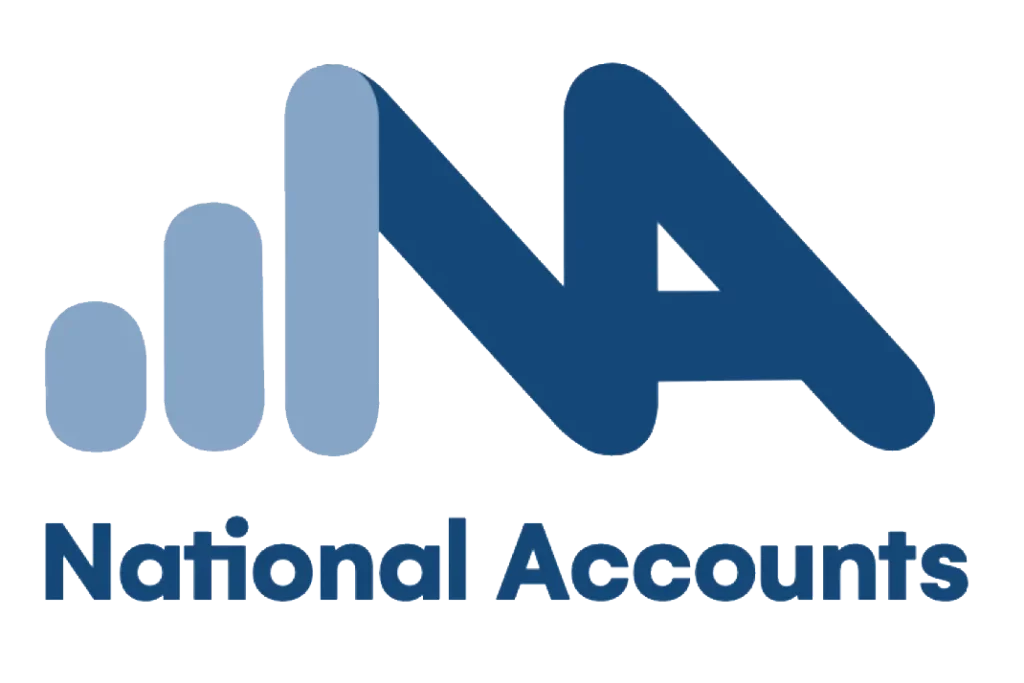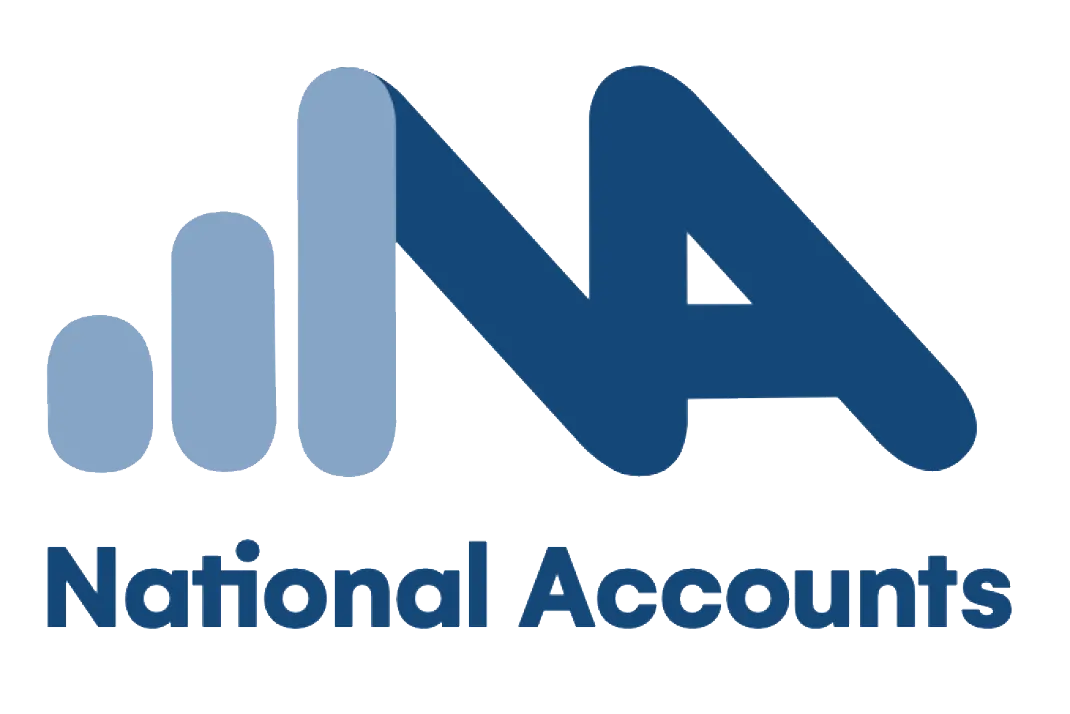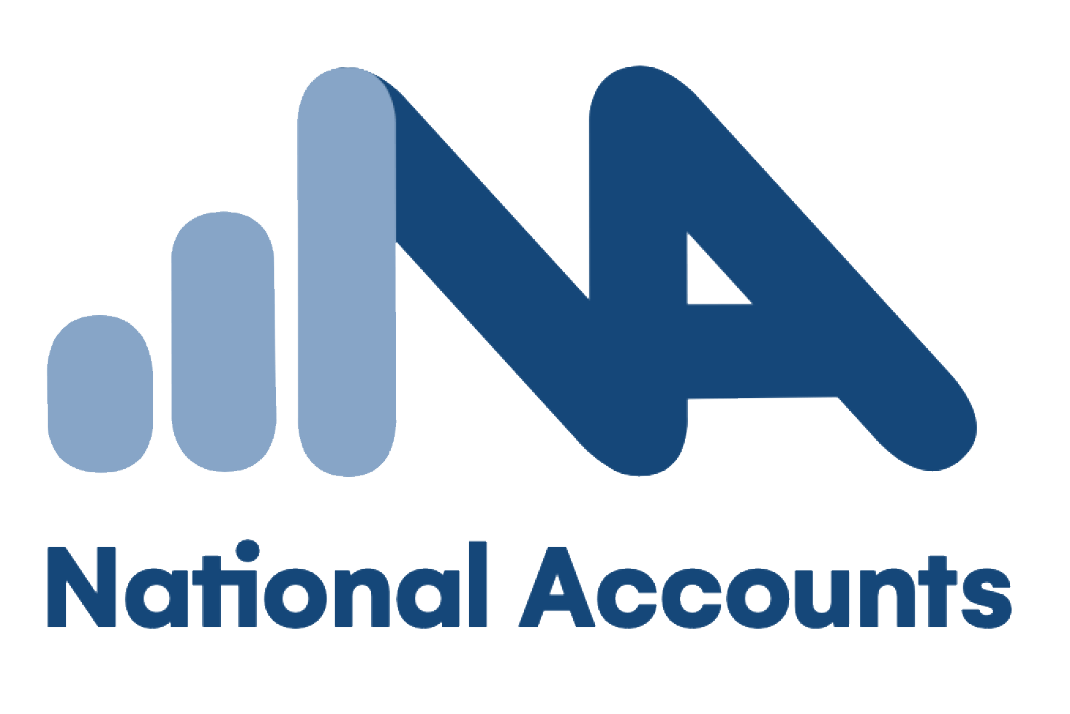There will always be risks in business, especially now that we live in a digital world that relies on technology 24/7. The thing is that businesses can’t put their safety and security on the line as they will suffer from brand mistrust, the loss of hundreds of customers, and financial ruin.
So if you’re a small business owner, you must do everything in your power to protect your business assets—whether physical or digital. Check out our guide below on how you can safeguard what’s valuable to your company.
Securing Physical Assets
It comes as no surprise that your business premise is a prime target for criminals and thieves. The thing is that these locations can contain everything from stock and inventory to customer information.
Losing this can be devastating. Theft or damage not only affects your insurance premiums and can be quite expensive, but it can also cause significant delays and even ruin your relationships with customers.
So here’s what you can do:
1. Upgrade Your Security
No matter how small your business is, it is imperative that you invest in startup security. Criminals will look elsewhere if the risk of breaching your company’s security outweighs the possible rewards.
Make sure that you have active deterrence strategies in place to stop burglary attempts. You can start with a few wireless CCTV cameras and alarm systems and work your way up to adding smart locks and getting security personnel.
2. Ensure Thorough Hiring and Interviewing Procedures
You don’t always have to conduct background checks on every hire, but at least check their references. Before you make a hiring decision, do a quick Google name search and check each applicant’s social media profiles. Additionally, make every effort to verify the accuracy of the information on each resume.
3. Limit Access To Your Employees
Don’t make critical documents or records available to employees if they don’t need them. The same rule applies to keys: only provide duplicates to those who absolutely need them. Keep track of your staff who have access to your business’s physical and digital locations.
4. Train Your Employees
One of the most serious threats you’ll face as a small business owner is employee theft. You may experience everything from unintentional employee neglect to malicious intent to harm your business by stealing company documents, taking merchandise, etc. A simple way to address this is to provide security training.
Teach your staff the value of using the security you have implemented. Train them to be discreet with information and emphasize that sharing it could endanger your company. Make sure everyone in your organization is aware that you have zero tolerance for employee theft.
Securing Digital Assets
In an increasingly digital world, the data you hold is your business’s greatest asset. Customer information nowadays is just as attractive (if not more) as the cash you keep inside a safe.
That’s why they’ve become the target of online attackers. When cybercriminals obtain access to your digital assets, you risk losing crucial data that is necessary to run your business.
Here are some strategies that ensure the safety of your digital assets:
1. Create A Digital Inventory
One of the best ways to secure your assets and improve back-end operations is to first locate and list all your assets. Consider anything valuable you have online or on the server of your company. You’re searching for assets that are proprietary or that no one else has and that others might want to buy or steal.
Create a detailed inventory of everything you value and include where it’s stored—on an employee’s electronic device, on a computer desktop, in the cloud, etc.
2. Encrypt Your Digital Files
Encrypt, encrypt, encrypt! Encryption converts your data or information into a code to prevent unauthorized access. This process works by translating data from your digital assets into a non-standard language.
When your assets are encrypted, no unauthorized individual can understand their meaning.
3. Ensure Password Protection
Password protection has always been a pillar of ensuring internet safety. To discourage hacking, all passwords that your company uses should be not only difficult but also routinely changed by staff members.
Implementing two-factor authentication may also be beneficial for highly sensitive programs that may contain a lot of priceless data. Consider adopting a password management system to prevent the use of simple passwords if you or your employees have trouble remembering passwords.
4. Call The Experts
If your business operations rely heavily on technology and the internet, it would be a better idea to hire and consult with experts. In addition to educating your employees about cybersecurity, you’ll have peace of mind if you bring in someone highly skilled in protecting your digital assets.
Digital Asset Management (DAM) specialists will be better equipped to regulate accessibility and put security measures into place. Additionally, these professionals will make sure that regulations and industry standards are being followed.
Protect What Matters To Prevent Uncertainty
A little bit of protection for your physical and digital company assets can go a long way. You and your employees have worked hard to establish the reputation of your business, so don’t run the risk of losing your customers’ trust by letting someone steal your assets.
With the right security measures in place, you can run your business with more confidence! For more insightful articles about business and taxes, check out National Accounts’ Blog.
For more support around protecting your assets, contact us on 8166 6705 to see how we can help!




